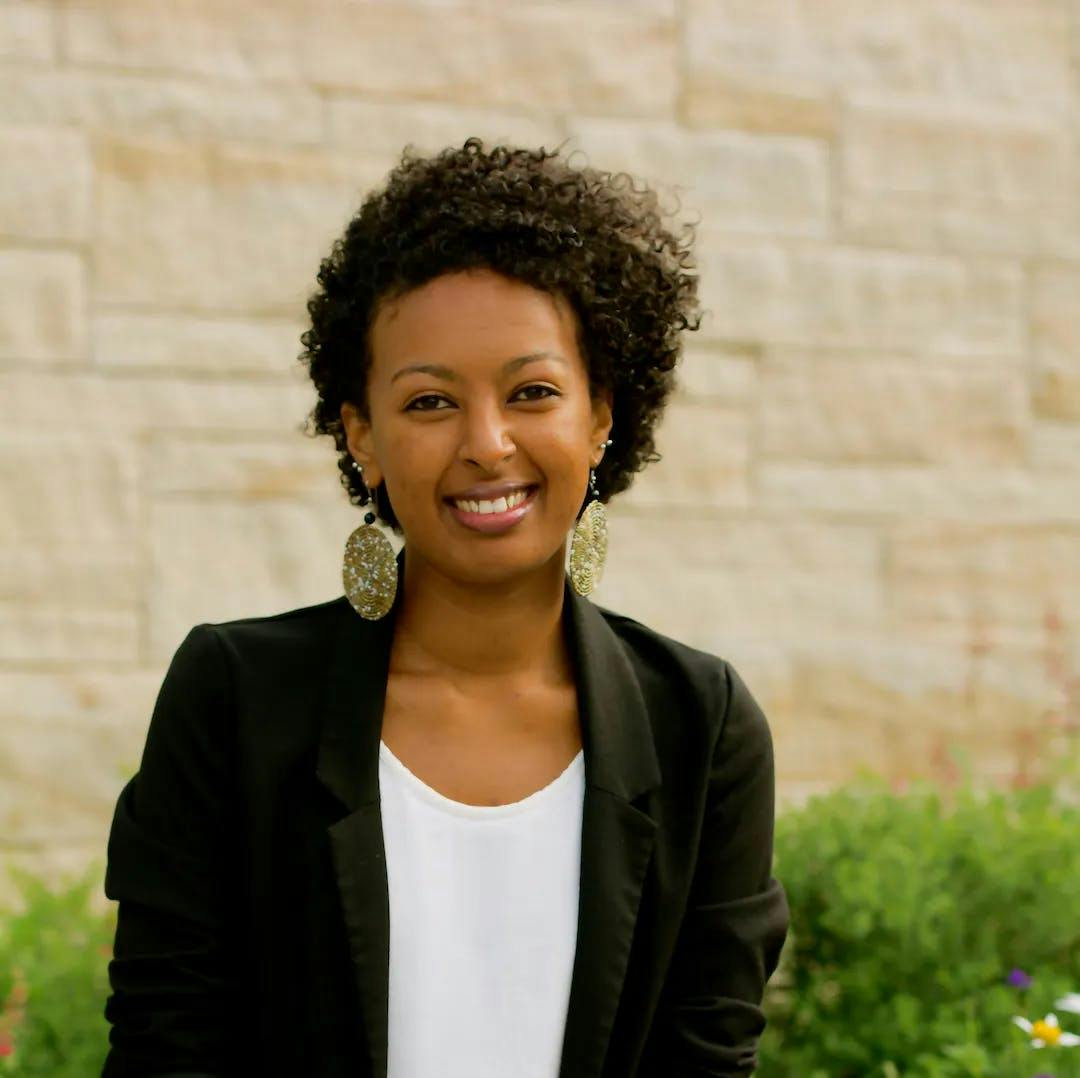The Profit-Purpose Paradox: Responsible Research in the Private Sector
When I was first applying to TDL, one of the conversations I had with my doctoral advisor was about what joining the private sector may mean for my career. I was worried about how it would impact my ability to sustain the equity framework that I so valued.
It’s a question many for-profit organizations ask themselves: how can we sustain a social purpose when we also need to profit?
Perhaps your purpose is something adjacent to your organization’s main business (like societal leadership or corporate social responsibility). Or perhaps it is something that is deeply baked into your business mission (at TDL, we call social consciousness the S in our SPICE).
Whatever we call it, businesses of all sizes struggle with the profit–purpose paradox, constantly needing to reconcile sales and service (to communities).
As a research consultant, I have wondered what it means to create knowledge for social good in an otherwise profit-making, client-driven context. What I have come to realize is that when it comes to knowledge creation, the profit-purpose paradox stems (at least in part) from our limited understanding of the functionalities of social responsibility. Research about communities must be conducted responsibly, not only because responsible research is important in its own right but also because responsible research improves the quality of our outputs and the likelihood of its success in application.
It is not a matter of reconciling sales through research with service to communities— because, if done well, social good can drive research and innovation. In other words, we can avoid walking the profit–purpose tightrope altogether by allowing our purpose to drive our profit.
So I would like to share more concretely what it has meant, for me, to find the profit in my purpose. The problem (or at least a significant part of it) is too often that of lacking reflexivity and the willingness to center communities in research.
References
1. Internal Note: Hallsworth (2023) recently identified three categories of efforts for applied behavioral science–scope, methods, and values–which align well with these suggestions (i.e., scope = embeddedness, methods = co-construction, values = trust-building).
2. https://www.nature.com/articles/s43586-022-00150-6#ref-CR13
3. https://chicagobeyond.org/researchequity/
4. https://www.wsj.com/articles/rise-of-ai-puts-spotlight-on-bias-in-algorithms-26ee6cc9
5. https://pubmed.ncbi.nlm.nih.gov/37266959/
6. https://themarkup.org/denied/2021/08/25/the-secret-bias-hidden-in-mortgage-approval-algorithms
7. https://www.eeoc.gov/select-issues-assessing-adverse-impact-software-algorithms-and-artificial-intelligence-used
8. https://www.npr.org/2022/02/13/1080464162/lack-of-diversity-in-ai-development-causes-serious-real-life-harm-for-people-of-
9. https://www.propublica.org/article/how-we-analyzed-the-compas-recidivism-algorithm
10. https://www.google.ca/books/edition/The_Ethnographic_Interview/KZ3lCwAAQBAJ?hl=en&gbpv=0
11. https://www.researchgate.net/publication/254579694_What_is_Trust_A_Conceptual_Analysis_and_an_Interdisciplinary_Model
About the Author
Dr. Maraki Kebede
Maraki is a Project Leader at The Decision Lab. Her research focuses on social and spatial equity in education globally, and has been featured in peer-reviewed journals, edited volumes, and international conferences. Maraki has worked with several international organizations to craft pathways to empower underserved school-aged children and youth in Africa, including UNESCO, the World Bank, the Institute of International Education, and Geneva Global Inc.
About us
We are the leading applied research & innovation consultancy
Our insights are leveraged by the most ambitious organizations
“
I was blown away with their application and translation of behavioral science into practice. They took a very complex ecosystem and created a series of interventions using an innovative mix of the latest research and creative client co-creation. I was so impressed at the final product they created, which was hugely comprehensive despite the large scope of the client being of the world's most far-reaching and best known consumer brands. I'm excited to see what we can create together in the future.
Heather McKee
BEHAVIORAL SCIENTIST
GLOBAL COFFEEHOUSE CHAIN PROJECT
OUR CLIENT SUCCESS
$0M
Annual Revenue Increase
By launching a behavioral science practice at the core of the organization, we helped one of the largest insurers in North America realize $30M increase in annual revenue.
0%
Increase in Monthly Users
By redesigning North America's first national digital platform for mental health, we achieved a 52% lift in monthly users and an 83% improvement on clinical assessment.
0%
Reduction In Design Time
By designing a new process and getting buy-in from the C-Suite team, we helped one of the largest smartphone manufacturers in the world reduce software design time by 75%.
0%
Reduction in Client Drop-Off
By implementing targeted nudges based on proactive interventions, we reduced drop-off rates for 450,000 clients belonging to USA's oldest debt consolidation organizations by 46%




















